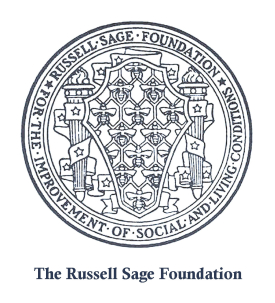About This Book
This booklet contains extracts from an address delivered at the Annual Meetings of the Associated Charities of Columbus, Ohio, and Pittsburgh, Pennsylvania.
GEORGE HODGES was dean of the Episcopal Theological School of Cambridge, Massachusetts.

